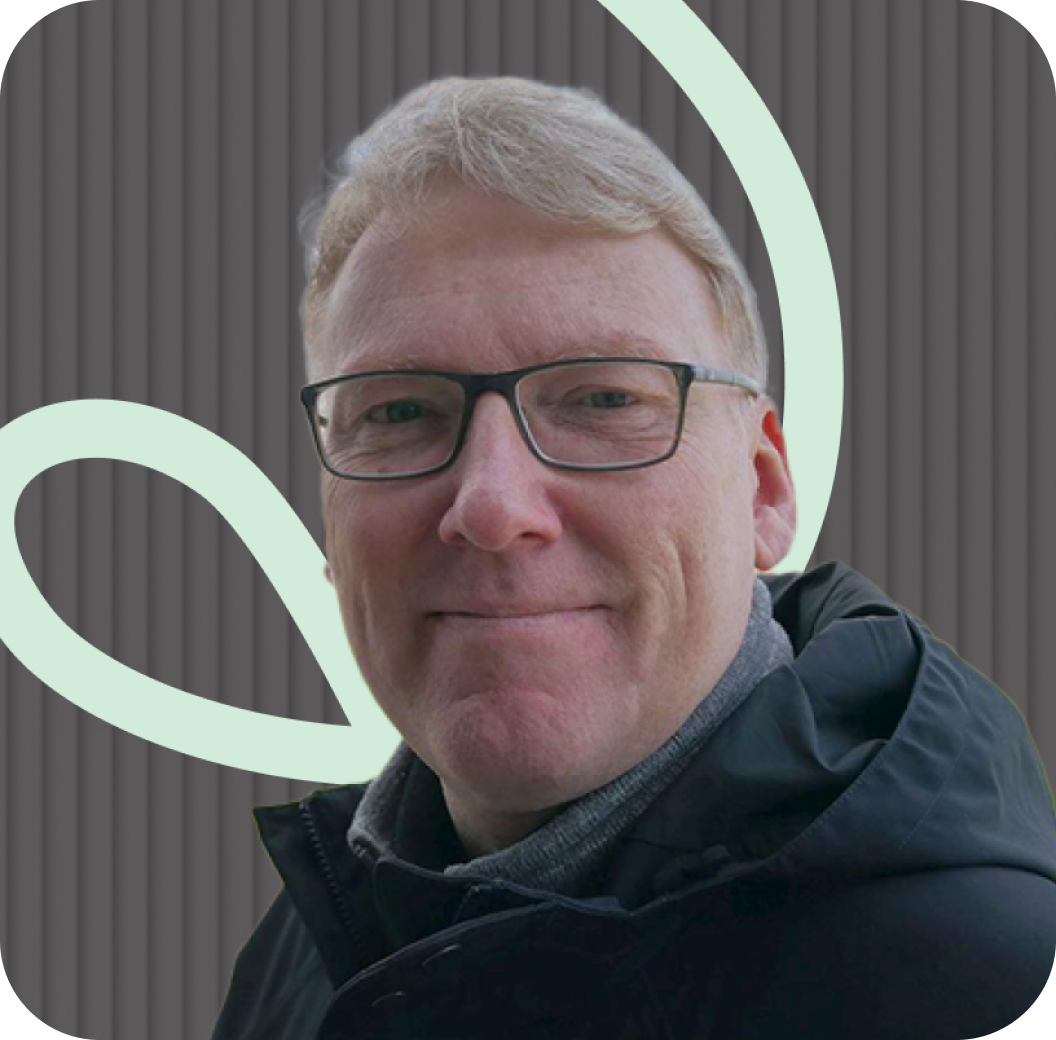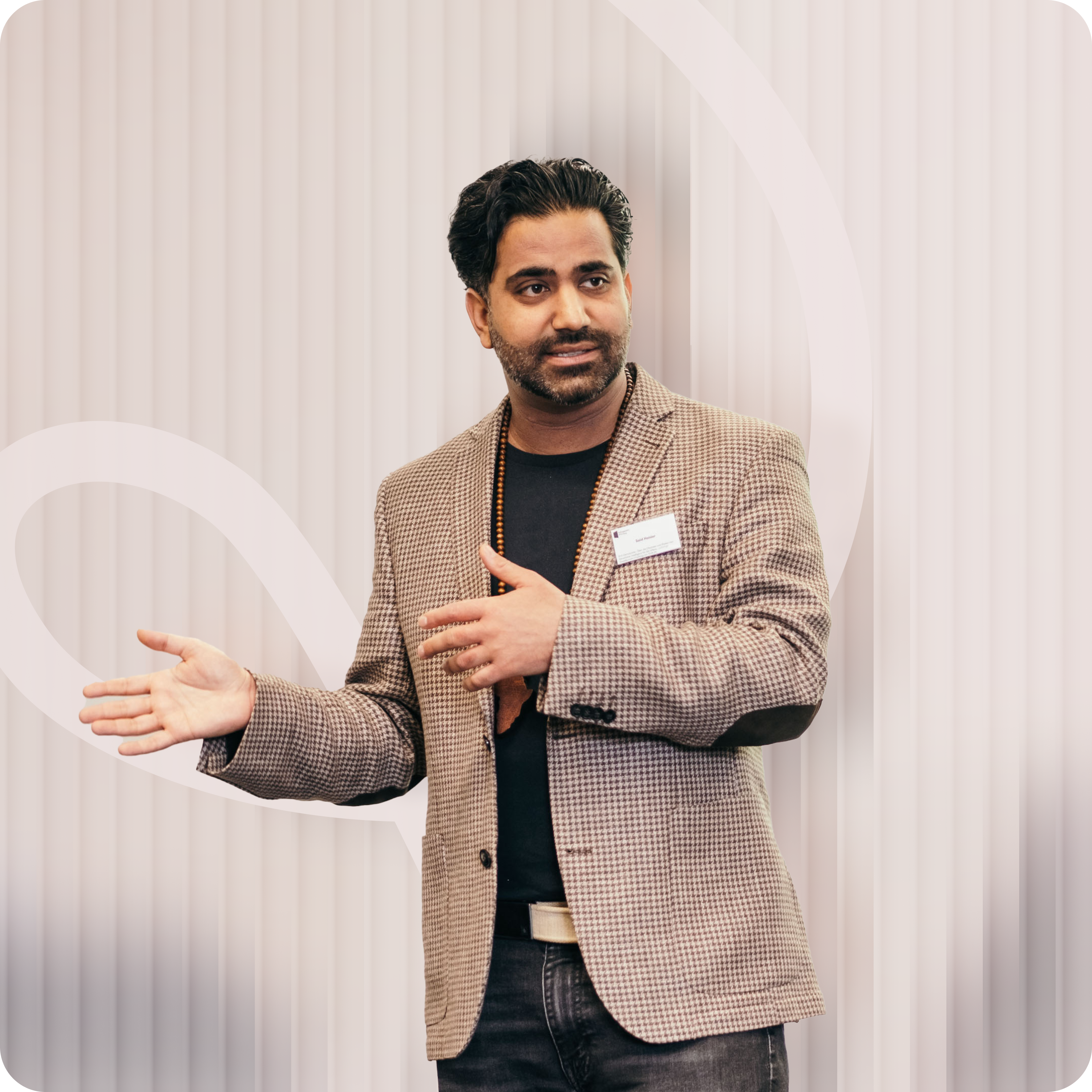Freedom and Transformation with Dr. Gregor Hagedorn
At the Museum für Naturkunde Berlin, I met with Dr. Gregor Hagedorn, academic director and co-founder of Scientists for Future, for a discussion about freedom, sustainability, and social transformation. In his office, surrounded by the history of the natural sciences, a profound dialogue unfolded about the meaning of freedom in times of climate change.
The path to transformation
As a biologist and computer scientist, Hagedorn initially focused on the biodiversity crisis. "When a lot of things go wrong somewhere, a plausible approach is to say, okay, if we have more data, we can manage it better," he explains his original approach. But over time, he realized that data alone isn't enough.

Rethinking freedom
"Freedom is clearly a difficult concept," Hagedorn reflects. "It's not about arbitrariness. Freedom means being able to do what you want, but within a framework that also respects the freedoms of others." He emphasizes that freedom is always a social negotiation.
"The most important thing is that we as human beings question the present. And that's naturally difficult for us. It's exhausting. It's also uncomfortable."
- Dr. Gregor Hagedorn
Habits and change
A central aspect in Hagedorn’s considerations is the role of habits:
"We have habits, and when we have to change our habits, when we change them not through voluntary resolutions, but perhaps really through things that change, then we are really under attack."
The symbol of freedom
Hagedorn brought with him a poem he had written himself: “In striving, rebellion, in passing, a new beginning, in submersion, breathing, in renunciation, gain.” For him, this poem embodies a form of freedom that is not tied to wealth and power, but lies in the acceptance of transience and conscious renunciation.
Luxury versus freedom
An important distinction Hagedorn emphasizes is that between luxury and freedom: "We sometimes confuse luxury and freedom." He advocates for a more conscious approach to luxury and suggests that everyone could limit themselves to a personal "luxury area" while living more sustainably in other areas.
Transformation and hope
Despite the challenges, Hagedorn remains optimistic: "We can change. We don't have to sit gloomily at home somewhere. Instead, we can experience exciting things. Perhaps even experience much more together."
Science and Responsibility
As a scientist, Hagedorn sees himself as having a responsibility, despite all his subjectivity, to address the essential questions of human development. He emphasizes the importance of courage and perseverance, especially in light of increasing hostility towards scientists.
Key messages
Freedom is not an absolute value, but requires social negotiation
Changing habits is difficult, but often positive in its effects
Renunciation can mean gain
Luxury is not synonymous with freedom
Transformation requires courage and new ways of thinking




